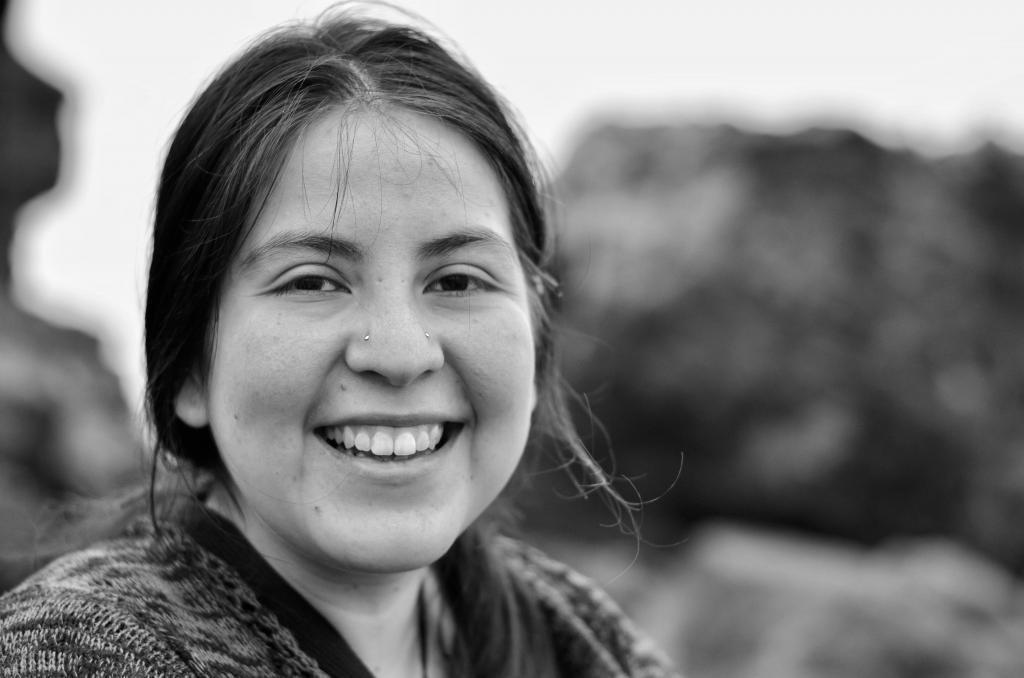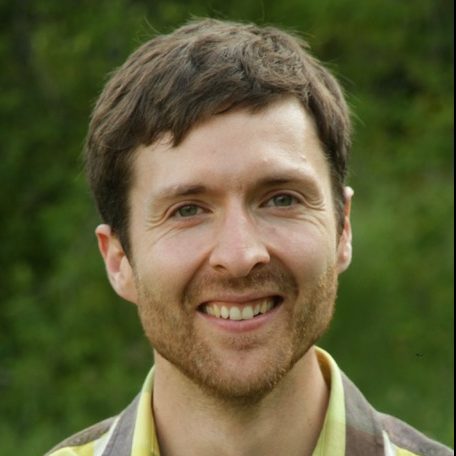Farm to Globe: Transforming Our Food Systems presents:
Cultivating Biodiversity: Agricultural Landscapes and the Biodiversity Crisis
We are in a crisis like never before. The Intergovernmental Science-Policy Platform on Biodiversity and Ecosystem Services has found that over one million animal and plant species are threatened with extinction, and many are already there. What’s this got to do with agriculture? While large industrialized monoculture fields greatly reduce biodiversity of native plant species and also the animals that depend on them, there is growing awareness that we can cultivate biodiversity through our farming practices. Most of Canada’s species at risk occur in southern agricultural landscapes, giving farmers a huge opportunity to make a big difference in the fight for biodiversity conservation. Join our panelists as they discuss the loss of biodiversity and how agricultural landscapes could help instead of harm.
About the Presenters

Matt Tsuruda – UBC LFS
Matt Tsuruda is a M.Sc. student in the Plant Science program. He completed his B.Sc. at UBC in Biology. He has long been interested in insects, biodiversity, and sustainable agriculture, which led him to his current project. Matt is interested in the ways that habitat enhancements affect insect biodiversity in agroecosystems. As agricultural intensification increases worldwide, natural habitat and biodiversity have seen declines which can result in increased occurrences of pest outbreaks. Of particular interest to Matt is the invasive spotted-wing drosophila, which causes tremendous damage to crops and threatens the livelihoods of many growers. Matt spends the majority of his free time skateboarding, hiking and playing video games!

Aidee Guzman – UC Berkeley
Aidee Guzman is a Ph.D. candidate at UC Berkeley where she works with Dr. Claire Kremen and Dr. Timothy Bowles in the Department of Environmental Science, Policy, and Management. Having deep family roots in agriculture, she is compelled to understand the socio-ecological linkages of diversifying farming systems. Her research draws from the knowledge produced in ecology, soil microbiology, pollination biology, and sociology of agriculture. For her Ph.D., Aidee is working with small-scale farmers embedded in the monoculture landscape of California’s Central Valley. Her research investigates how on-farm diversification practices impact soil health and link to other ecological processes (i.e. pollination) on agroecosystems. Throughout her research, Aidee aims to integrate social and ecological research approaches to support farmers, rural livelihoods, and ecological resilience.

Sieglinde Snapp – Michigan State University
Dr. Sieglinde Snapp is a Professor of Soils and Cropping Systems Ecology in the Department of Plant, Soil and Microbial Sciences and Associate Director of the Center for Global Change and Earth Observations. Sieg Snapp’s research interests include agricultural systems, sustainable crop management, integrated nutrient management, and soil health. A key focus in her lab is harnessing biology through cover crops, and diversity to enhance carbon sequestration, nitrogen fixation, and phosphorus cycling. She investigates ecologically sound design of agriculture through multidisciplinary approaches, long-term field experimentation, participatory action research and systems modeling. On-farm experimentation in Michigan explores conservation tillage and cover crop interventions. In Southern Africa, her work has included novel findings on multipurpose legumes such as pigeonpea and the doubled up legume rotation. Sieg is committed to innovative extension approaches in the Upper Midwest and Africa, and engaged learning. Through participatory action research and extension she supports sustainable agriculture, and local capacity for climate change adaptation and resilience.

Matthew Mitchell – Moderator – UBC LFS
Matt Mitchell’s research focuses on how to manage human-dominated landscapes, including agricultural and urban landscapes, for both people and nature. This includes understanding how the arrangement of different land uses and habitats across these areas affects ecosystem services and biodiversity, how to effectively quantify both the supply of ecosystem services and their demand by people, and identifying key management actions that can lead to win-win situations for multiple ecosystem services and biodiversity. He also leads the long-term biodiversity monitoring program at the UBC Farm and is working to develop new tools to effectively monitor agricultural biodiversity on diversified farms and link this to key socio-ecological outcomes. He completed his Ph.D. at McGill University in 2014, a M.Sc. at the University of Alberta in 2006, and a B.Sc. (Honours) at the University of Victoria in 2002.
The Farm to Globe: Transforming Our Food Systems series is brought to you by the Centre for Sustainable Food Systems (CSFS), the BC Food Web, the Faculty of Land and Food Systems (LFS), and the Royal Bank of Canada. This webinar series focuses on what needs fixing in our food systems and the innovative solutions which could affect change for the better.


